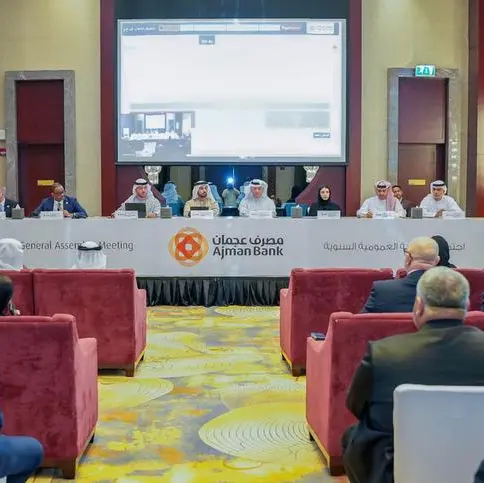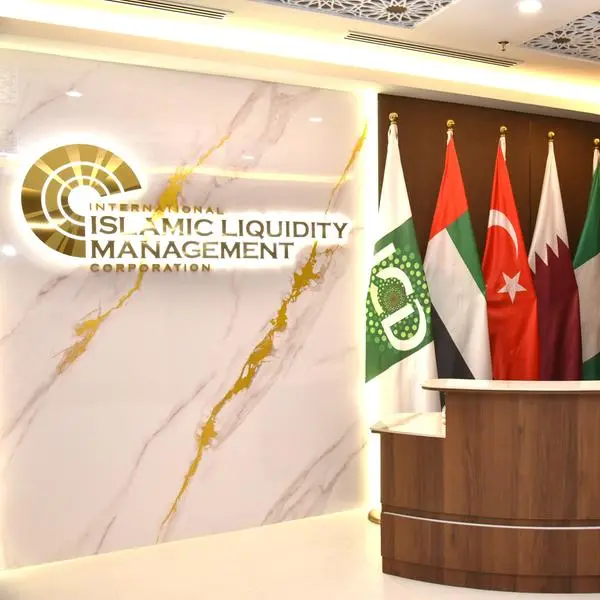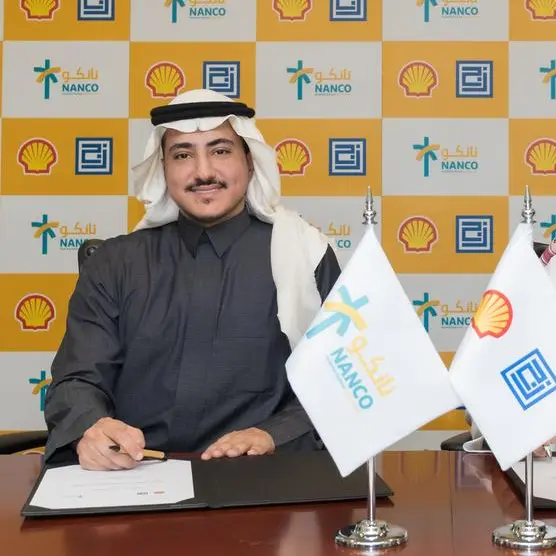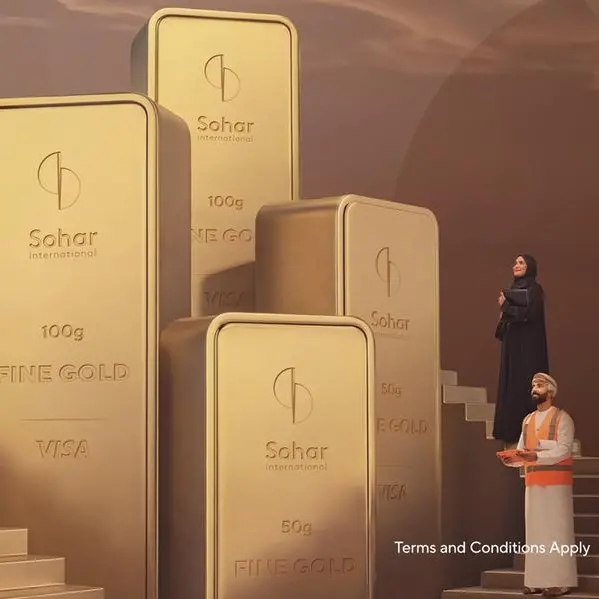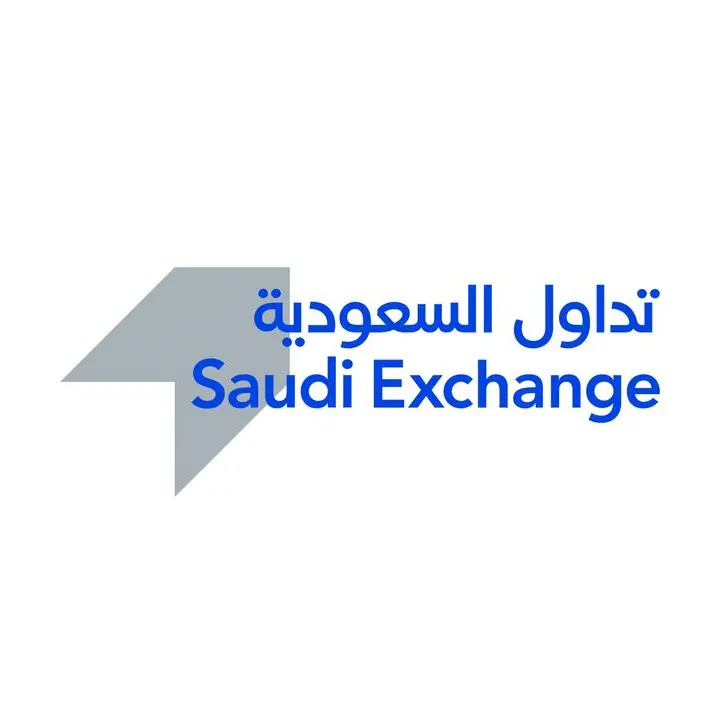PHOTO
Dubai, UAE: Balancing high-performance building envelopes with efficient Heating, Ventilation, and Air Conditioning (HVAC) systems is crucial in the pursuit of cost-effective design and ongoing building efficiency across the construction sector. The built environment in the GCC presents unique challenges, including extreme climates and high energy demands.
The International Code Council (ICC) family of solutions, through its suite of International Codes® (I-Codes) and building safety solutions, along with its collaborative initiatives with industry stakeholders, plays a crucial role in establishing standards for sustainable design practices. These efforts enhance energy efficiency, ensure occupant comfort and align with regional sustainability goals.
Effective Building Envelopes Increase Energy Efficiency
The insulation of windows, roofing and exterior walls serves as the first line of defence against environmental conditions. A well-designed building envelope minimises heat gain and loss, improves indoor air quality and reduces reliance on HVAC systems, leading to lower energy consumption.
The International Energy Conservation Code® (IECC) ensures that building envelopes meet energy performance standards. These requirements optimise energy efficiency in both new and retrofitted buildings by incorporating advanced insulation, reflective roofing materials and high-performance glazing. Extreme heat is a pressing issue in the Middle East and North Africa (MENA) region. A strategic approach to building design is critical, where these codes help reduce cooling loads and promote more energy-efficient structures.
"Balancing high-performance building envelopes with efficient HVAC systems is key to sustainability in the GCC. At ICC, we support this through modern building codes like the IECC and the International Green Construction Code, industry collaboration and direct engagement, helping the sector achieve energy efficiency and long-term resilience," said Mohamed Amer, Managing Director for ICC MENA.
A high-performance HVAC system is only as efficient as the building envelope allows. There have been significant advancements in the efficiency of HVAC systems; however, if building envelopes do not incorporate systems to help maintain the cooler temperatures provided by HVAC systems, many of these efficiency gains will be lost.
Key considerations for balancing envelopes with HVAC systems include optimising HVAC performance through smart ventilation, thermal zoning and heat recovery systems to maintain indoor comfort without excessive energy use.
Addressing Building Envelope and HVAC Challenges
Achieving an optimal balance between effective building envelopes and efficient HVAC systems comes with several challenges, including implementation and enforcement, balancing cost with innovation and the need for education and awareness.
The most common analogy used to describe the relationship between a building envelope and a building's HVAC system is comparing a building to a refrigerator. If the envelope of the fridge provides limited insulation, even the most efficient compressor will be continually working at maximum capacity to maintain a cool temperature within, losing any potential energy efficiency gains. A holistic design consideration between the building envelope and the HVAC system can ensure that the building can provide a cost-effective and energy-efficient structure that meets the ongoing needs of the occupants throughout the building's life.
Adopting and enforcing modern building codes requires strong regulatory frameworks and effective compliance mechanisms. Sustainable solutions must be cost-effective while incorporating innovative materials and technologies. Additionally, building professionals and stakeholders must be well-trained in sustainable design principles and be equipped with the right and strong credentials to ensure effective implementation.
The ICC actively collaborates with international Standards Development Organisations (SDOs) and industry leaders to find the balance for sustainable design. These collaborations, coupled with ICC’s training and credentialling programmes, provide the industry with the tools necessary to adopt sustainable, high-performance building practices.
“By embracing and implementing modern building codes and best practices, we can help ensure that buildings not only meet the highest safety standards but also achieve greater energy efficiency and sustainability. A well-constructed building envelope is the cornerstone of this effort, enabling HVAC systems to operate at peak efficiency,” said. “With ongoing innovation and strong collaboration across the industry, we can help create a future where buildings are more efficient and cost-effective, benefiting communities for generations to come.”
ICC strives to achieve a more sustainable built environment by promoting best practices through its I-Codes, supporting innovation with product evaluation services and providing building safety solutions in partnership with industry organisations. This balance between construction costs and operational efficiency over a structure’s serviceable life is increasingly within reach.
By Mohamed Amer, Managing Director, ICC MENA & Tom Roberts, Global Director - PMG, ICC
About the International Code Council
The International Code Council is the leading global source of model codes and standards and building safety solutions. The I-Codes, standards and solutions are trusted worldwide to ensure safe, affordable and sustainable communities and buildings.

